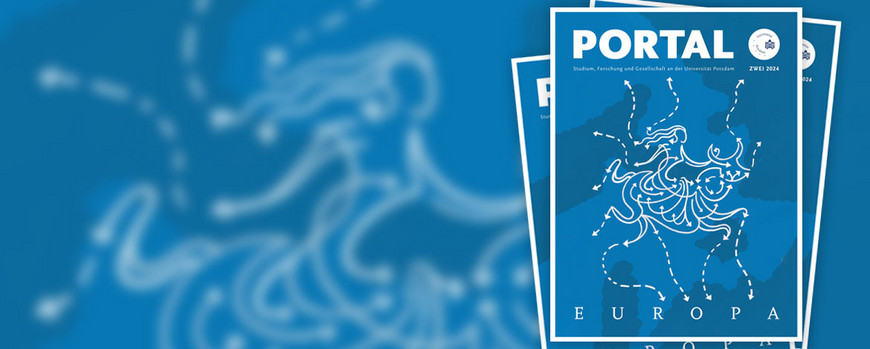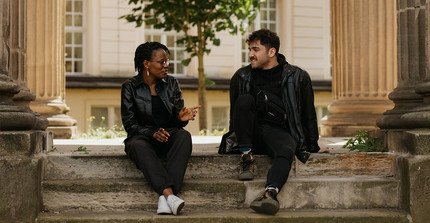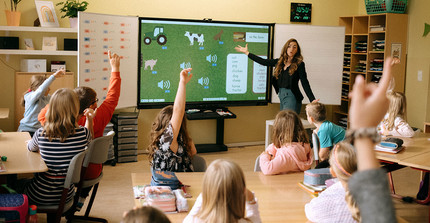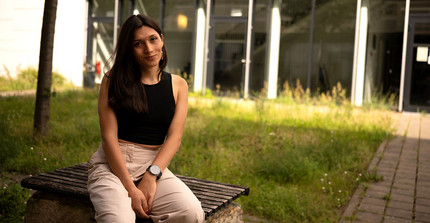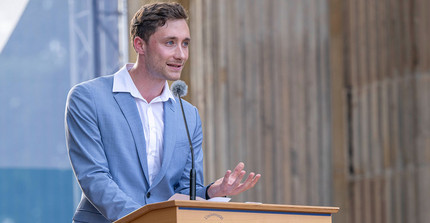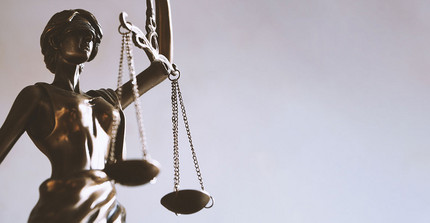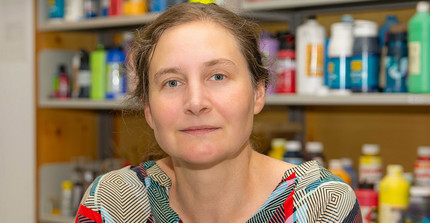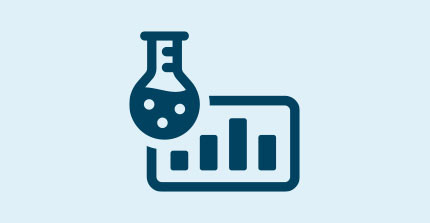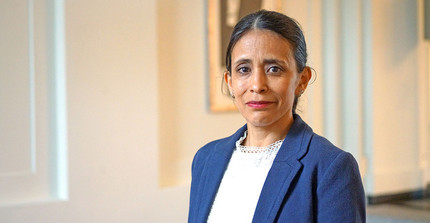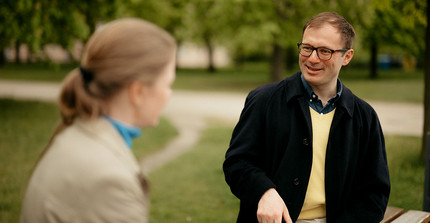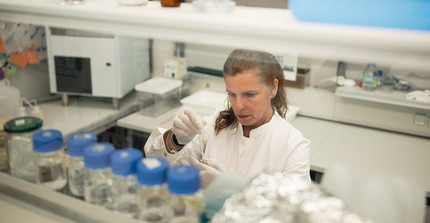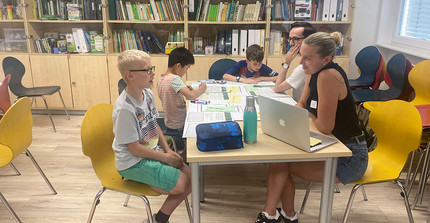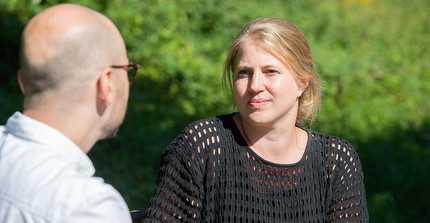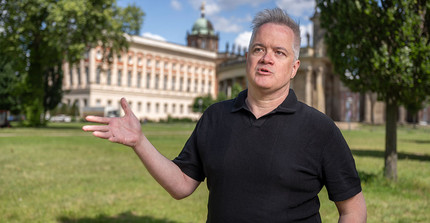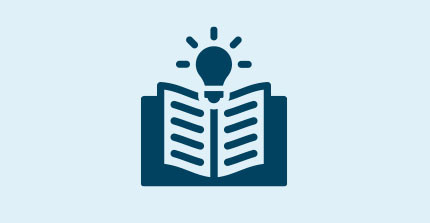Dear Readers,
Many of us are familiar with the ancient myth of the continent of Europe: The Greek god Zeus transformed himself into a bull and brought (or rather abducted) a king's daughter named Europa from Asia to Crete. Once there, he said: “The part of the world that has now received you shall bear your name forever: Europa.”
It is this king's daughter who unites all the languages, cultures, and people on this continent under her name. There is definitely a grain of truth in this, as early humans who settled in Europe came from Asia. In prehistory, Neanderthals lived here alongside Homo sapiens. After that, a multitude of cultures continued to shape the continent: from Celts to Germanic tribes and the Huns to the Greeks and Romans. And to this day, diversity also plays a big role in how Europe is perceived. Tourists from all over the world traveling the continent encounter a wide range of temperatures, values, and traditions – from Madrid to Zagreb and Cyprus, from Reykjavik to Minsk and Oslo.
The European Union is currently the third largest global economic area after the United States and China. The standard of living in most member states is among the highest worldwide. Many people, including those featured in this issue, describe the advantages that the union of states offers them personally. Such as the opportunity to travel, work and live within its borders with little red tape. And yet, everywhere you look, things seem to be seething and crumbling. Europe as a political and economic entity is not invulnerable. This has been demonstrated by the 2020 Brexit vote and the latest election results in Austria, France, and eastern Germany, which are strengthening nationalism. So while we celebrate Europe with this issue of the university magazine, we also take a look at the challenges currently facing the idea of European unity.
Finally, a brief note on our own behalf: With this issue, we are saying goodbye to the previous publication frequency of the three university magazines Portal, Portal Wissen, and Portal Transfer. You can still find the latest information about what is happening at the University of Potsdam online. The most exciting stories from academia, research, and society – and thus from all three magazines – will now be available in two issues a year under the umbrella of “Portal”.
We hope you enjoy reading it.
Dr. Jana Scholz

